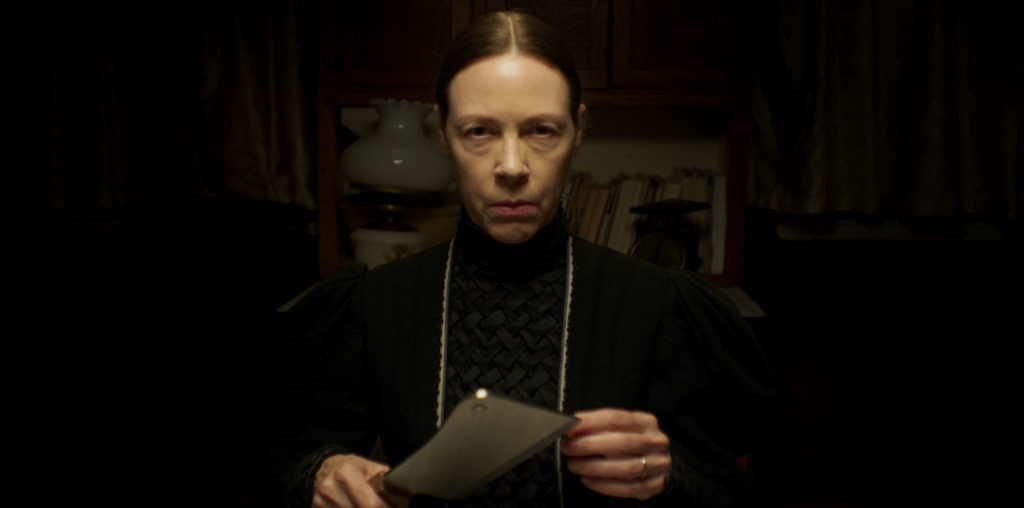
David Hoffman’s “It’s All Good” is an attempt to show an inside view of the underground world of aggressive in-line skating. In some respects it succeeds. It does give an intimate, often candid look at the skaters, the skating, and the business/sport it has become – from the New York-based group to the west coast Senate rival, and points in between. Often times, though, the film lacks in the scope of what is shows, fumbles in its method of showing it, and tackles a subject which for many might be uninteresting and even annoying.
In Hoffman’s mission statement he expresses his view of the skaters (mainly boys) as kids who are having a hard time growing up. He also expresses that “it isn’t easy to be a boy, and it isn’t easy to grow up”. True, but something tells me, in America, it was a lot more difficult to be a boy and to grow up during the Great Depression, or during World War II, or having to deal with segregation in the 1950’s and 1960’s. In many respects we aren’t in a particularly difficult period to be a boy or to grow up, so where’s the drama? Well, Hoffman would have us believe it lies in the struggle of self-expression and the battle for the acceptance and respect of a street sport many in the older crowd find intrusive, irksome, or at least a tremendous waste of time.
Some of the skaters do seem to have a real, personal, almost spiritual connection with skating. Skater Med Arbous sees it as a form of art, calling it “live sculpture”. Many of the skaters seem to be very attracted to the elitism of doing physically that which no one else can do. The danger and seeming masochistic nature of the sport leads a doctor in the picture to call in-line skating “the new scourge of society as far as trauma goes”. But skater-idol Arlo Eisenberg sees it differently, espousing “Pain makes things real and very easy to understand”.
“It’s All Good” is functional and at times unflinching, but there is little of charm, humor, or sense of fun of, say, Bruce Brown’s surfing movies of the late 50’s and early 60’s (Surf Crazy (1959), Barefoot Adventure (1960), The Endless Summmer (1964)), and, predictably, none of the beauty. The film doesn’t delve very deeply into the lives, pasts, or characters of the kids, so it holds little of the personal drama of, say, Hoop Dreams. The skaters are often basically arrogant and mean-spirited.
There are interesting people, though. The picture makes me wish I saw more of the intense, introspective New York skater Ryan Jacklone, or more of the parents and families of the skaters. In one scene a father bluntly, but poignantly answers why he approves of his son’s skating “Why do I like your skating? Because you’re good at it”.
From Ryan’s Big Apple brashness to Eisenberg’s nearly delusional confidence the skaters and their mentors seem to be comfortable and confident in their pursuit of smoking weed, drinking beer, listening to hip-hop, organizing three-ways, becoming unapologetically rich, and skating, skating, skating. It is often funny to watch the young badasses answer to their mothers at the dinner table. In one of the most entertaining scenes groups of skaters, away from home for a competition, dance and giggle around their hotel rooms as they inspect the amenities. The film ends with a none-too-climatic competition including the new recruits of Fr and Senate, in which one skater bangs his brain into amnesia. In the end in-line skating seems to be much more about business than sport; people and places are an assault of logos and catch phrases. As one skater puts it, “There’s the power, status, and girls. We all kid each other that it doesn’t matter; that it’s all about fun; that it’s all good, but the truth is, it matters a lot”.
The picture is shot on video and looks it. It suffers from too many close-ups and looks like an under-produced television special. Body parts are constantly cut off in action shots, even in the slow-motion “pretty” stuff. Unless you know a little about the sport, you will be hard-pressed to know who is winning and who is losing the competition and why. Even these guys – the best of the best – often seem to fall down as much as they get it right. It would also be interesting to learn the backgrounds of the skaters, who is the wrong-side-of-the-tracks, angst-ridden, poverty-stricken, a-tree-grows-in-Brooklyn teenage-rebel, and who is the spoiled suburbanite young sensationalist businessman? I have the feeling both of them are in the movie.
In the end, you should have and interest in skating if you expect to be at all rapt, and even then “It’s All Good” leaves one wishing it was all a little better.
